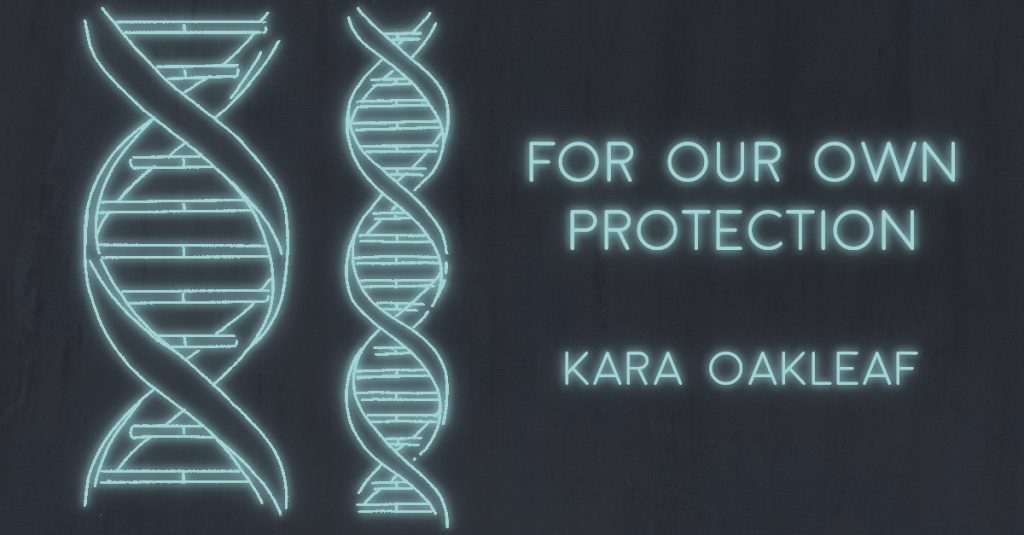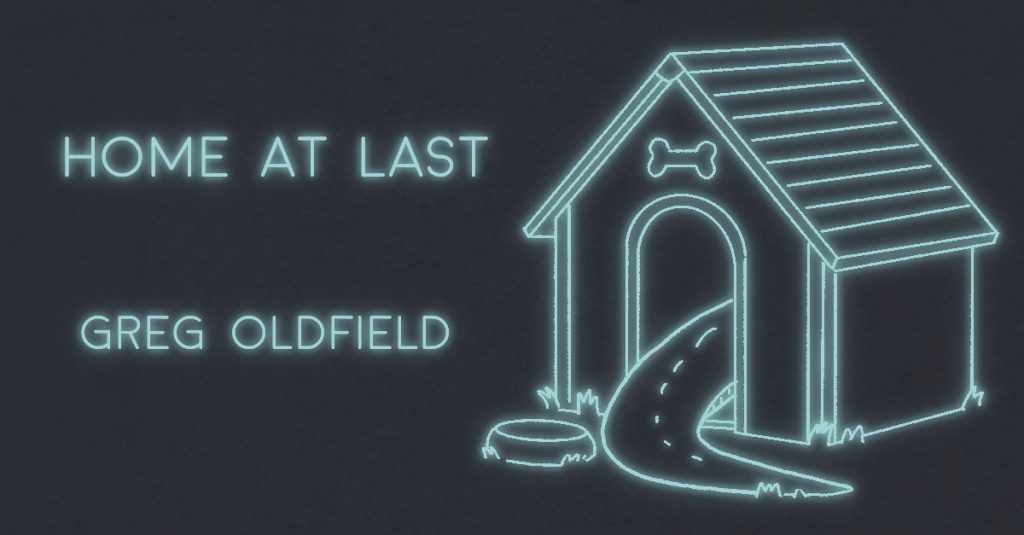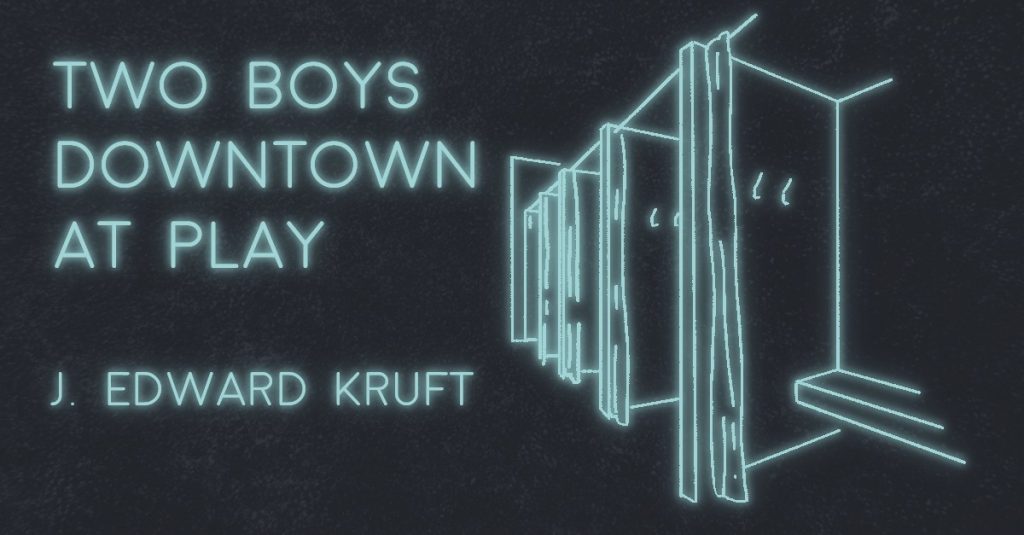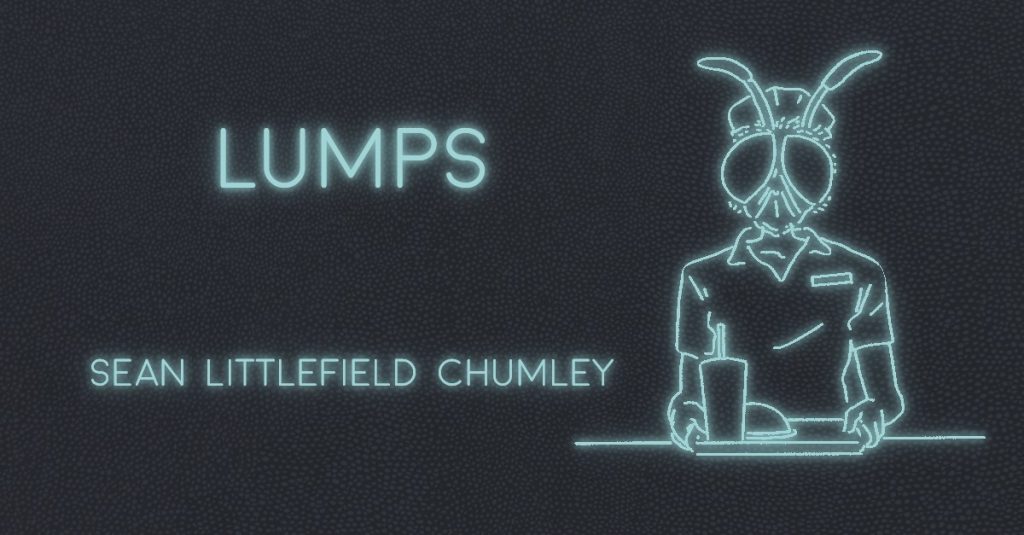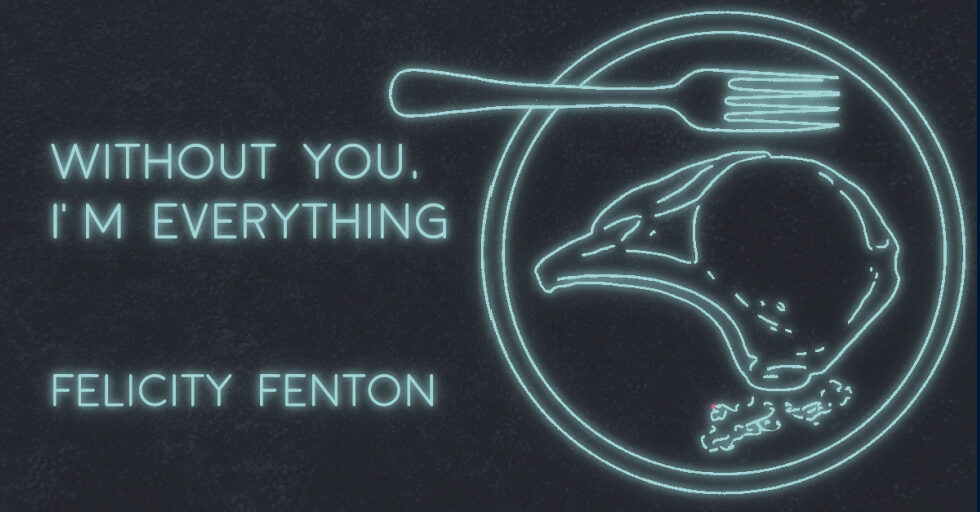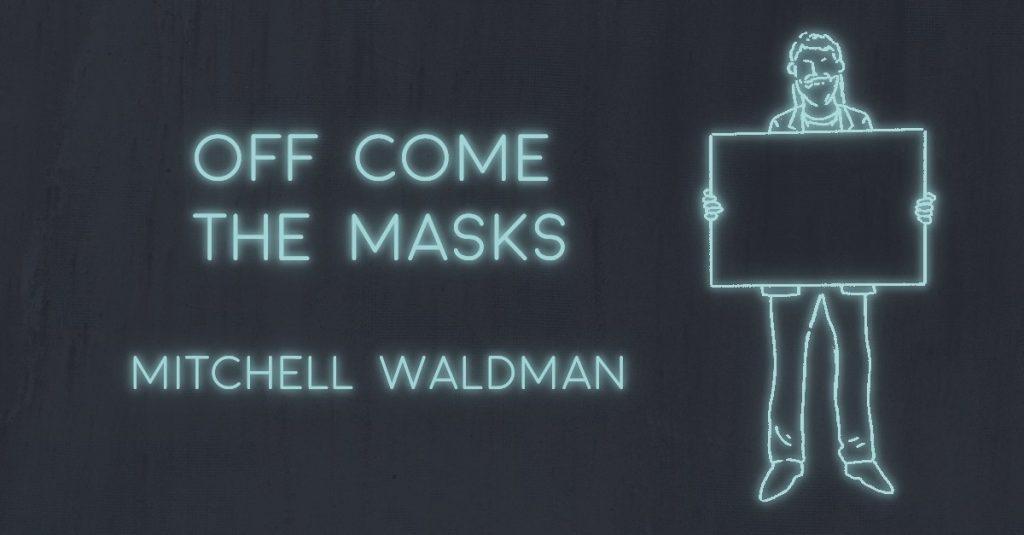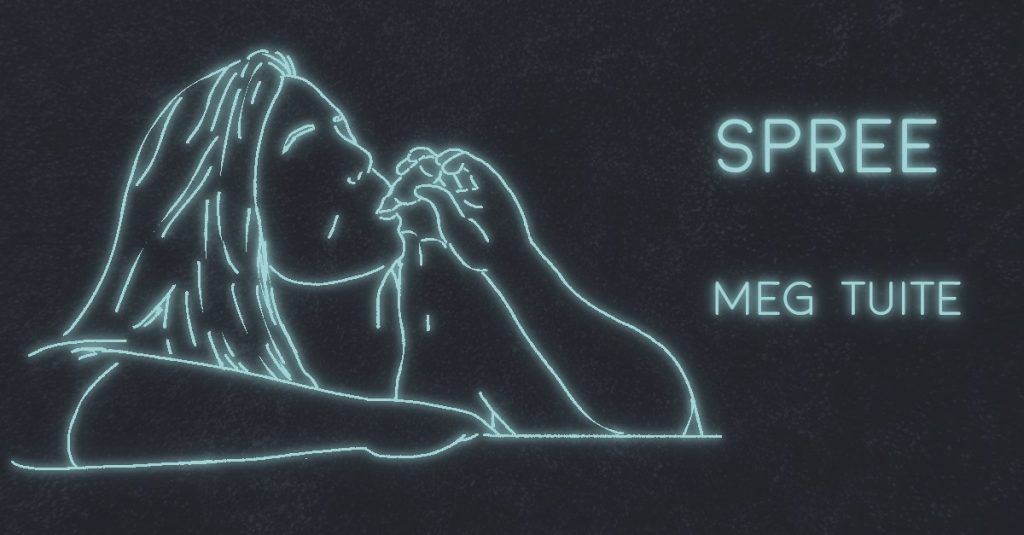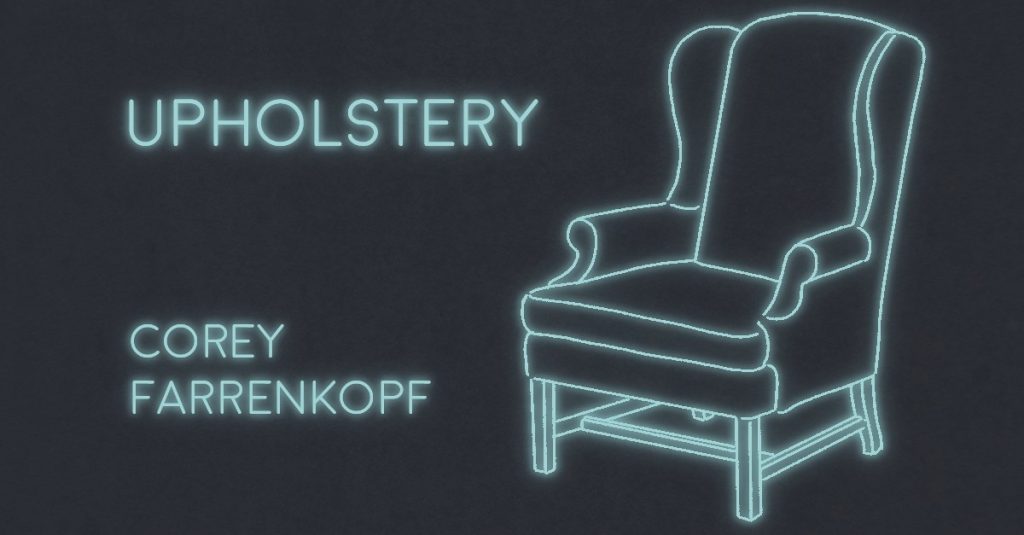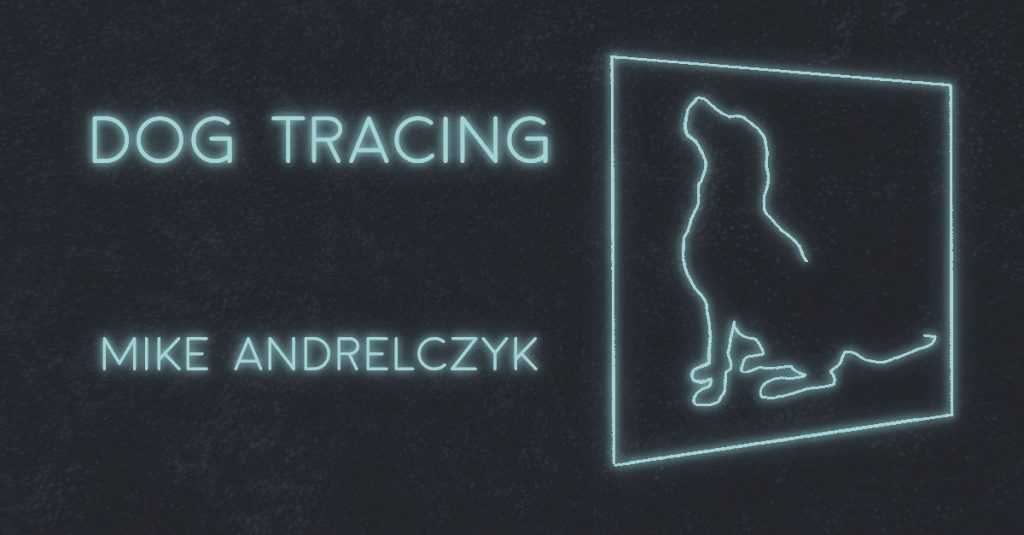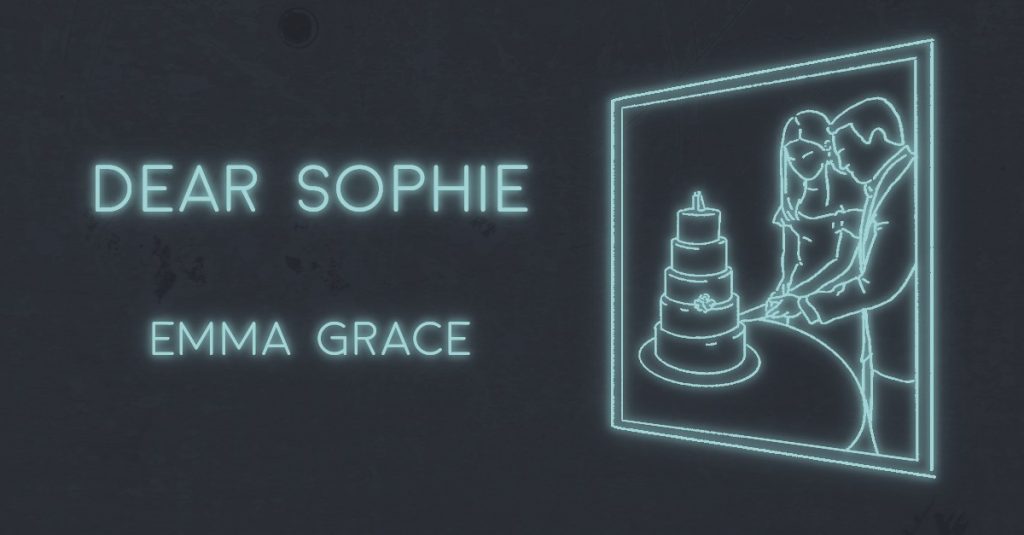
DEAR SOPHIE by Emma Brankin
Dear Sophie,
Congratulations on the happiness.
Love,
Amy
Delete.
Dear Sophie,
You look so in love. I love the dress, love the shoes, love the veil! I wish you a lifetime of love.
Love,
Amy
Delete.
Dear Sophie,
How did you lose so much weight? I thought you were off coke. I have collarbone envy.
Love,
Amy
Delete.
Dear Sophie,
Your pictures are deluding me into believing there is a Prince Charming out there for each of us.
I want what you have. Seriously.
Love,
Amy
Delete.
Dear Sophie,
I’m typing this from the comfort of my crumb-strewn sofa, wondering what you are up to right now. I keep checking my Instagram feed but nobody’s uploaded anything for thirty minutes. Are you mid-first dance, gazing into his eyes, underscored by a simpering Ed Sheeran track?
It does not pass me by that you are swirling around in a haze of romance while I sit on my sofa bleeding into an industrial-sized nappy.
Love,
Amy
Delete.
Dear Sophie,
Finally, somebody posted the cake cutting photo! The braids, the nude lipstick, the downcast eyes… this demure bride vibe is really working for you. You could never tell you were a couple who met at a Barrowlands rave.
Love,
Amy
Delete.
Dear Sophie,
Living vicariously through you is all I have.
Colin has fallen asleep after his third beer, so I’ve paused the true-crime documentary about bank-robbing priests he wanted to watch. I’m definitely not buying his insistence that he’s here because “this is happening to both of us”. He’s just here so he can say he was here if anyone ever finds out.
“Happening to both of us.”
It certainly didn’t feel like that when I was the one wheeled down a hospital corridor as he waved me off with a copy of Private Eye in one hand and a breakfast burrito in the other. Although, how much sympathy can you demand from your ex-boyfriend as you reunite for one last hurrah in the abortion clinic? I might write in to Dear Deirdre.Maybe, as it’s “happening to both of us,” I’ll ask Colin to also wear a nappy before he fucks off back to his new girlfriend. He’s so insistent on coming across as sincere during his attempt at bedside “support” that he’d probably put it on. And I’d probably still stay in love with him.
I am the worst. Well, second worst. After Colin obviously.
Love,
Amy
Delete.
Dear Sophie,
I will send this email this time.
I am going to get the congratulatory tone bang on. I will focus on the sacred, beautiful bond of marriage and not talk about how I cried in the recovery room thinking about how the only thing left tying me to Colin is gone.
Love,
Amy
Delete.
Dear Sophie,
Colin looks so peaceful. It’s so pathetic. I just want to mold my body into his and pretend nothing has happened. Not his cheating. Not the break-up. Not the endless “what should we do?” conversations. I want to go back to blissful delusion about the strength of our relationship.
Actually, now that I’ve been staring at him for so long, he’s starting to look less peaceful and more… smug. Fuck, he really is smug, isn’t he? With his stupid, smug, asleep face. I bet that whatever dream he’s having right now, he’s being a proper bell-end in it.
How have you willingly chosen to spend a lifetime with an actual human man?
Good fucking luck.
Love,
Amy
Delete
Dear Sophie,
I have always liked your Ally. He might be a druggie but he’s kind and he adores you. I’m guessing in his toast he told the story about how he knew you were the one when you took his cat on a walk with a lead?
But, tonight is not the night for me to listen to heartfelt declarations of love. Tonight is the night for me to delve into the Netflix documentary that nobody’s talking about. I really think these priests might pull this heist off, you know.
Help.
Love,
Amy
Delete.
Dear Sophie,I’m going to do it. I’m going to explain. I’m going to tell you that you are a wonderful friend, a wonderful bride and are now going to be a wonderful wife. I’m going to be better than this.
But first, I’m going to go take a tramadol. Maybe two.Love,
Amy
Delete.
Dear Sophie,
I am so sorry your marriage has been the stick with which I have mercilessly flogged myself this evening.
I want to be happy for you.
You have always been there for me. Who else do I know who can fashion a bra out of toilet paper during a low-hanging nipple emergency at the club? Who else would get us invited and then disinvited to a Drake afterparty? (I think Drake secretly loved your attempt to twerk a path into his private booth). And who else would demand an autograph from the cloakroom attendant you insisted was “that wee Krankie boy?” In fact, it’s impressive how often you misidentify people as “that wee Krankie boy” whether drunk or sober.
But I couldn’t be there for you today. This unscheduled impregnation has been a real inconvenience to my body, my sanity, and my relationship with you.
I know I should have spoken to you about not attending. Sending a text was cowardly. And I should have been honest about the reason I’m not there. I guess I wanted to spare you my 83rd tired recital of “I know you told me Colin was bad news but…”
I want to be honest with you now. Colin cheated on me. And when he got caught out, he just shrugged and trotted off to the problem-free other woman (the definition of problem-free being that she doesn’t know she’s the other woman). And I then, of course, fertilized whatever sperm of his was left inside me to give our relationship the muddled, depressing ending it truly deserved.
When I look back, I see what you saw. How his every “I love you” was painfully extracted and only offered to pacify and placate me. How he would be distant and cold whenever something was important to me. How his flat was approaching serial-killer level tidy.
But I also still see all the times we laughed.
Sophie, when I told him I was pregnant he cried. He said he was sorry for the way he had treated me. He sat with me for hours. In a horrible way, it was everything I had ever wanted. I do wonder if I agreed to the operation because I care more about making him happy than I care about making myself sad.
I’m looking forward to the slow and painful process of re-growing my backbone.
Love,
Amy
Delete.
Dear Sophie,
I will cope with this on my own. Grief and pain have no business intruding on your wedding day. And it’s important for me to become more self-sufficient anyway. You won’t always be able to come around and criticize my 3 a.m. ASOS panic orders. Recently it’s taken you days to reply when I send new Chris Hemsworth surfing photos. Pretty soon you’ll only be attending drag queen karaoke every other month.
I need to get used to not always turning to you in a crisis.
Hopefully, I’ve hit my crisis-limit anyway. I’ve lost a baby, a boyfriend, what was left of my dignity and, now, I’m sort of losing you too.I think I’ll be OK.Although, you better keep contributing memes to our Love Island Whatsapp group.
Love,
Amy
Delete.
Dear Sophie,
There’s one final thing I won’t tell you. I’ll never tell you. The operation didn’t have to be today. I chose it. I chose to miss your wedding. I chose to be that person who could not look you in the eye and say “congratulations.” I couldn’t do it. Not when I was failing so spectacularly at the fundamental basics of life.
I chose to suck.
You know when we went to France and you ended up making out with that hideously sweaty ex-soap actor? In the morning your voice cracked as you admitted how lonely you were and I promised that I’d comfort you after I threw up. I didn’t throw up. I sat on the toilet, staring at my phone, wondering why Colin had not replied to my texts for two days. Then I came out and pretended I was fine.
You met Ally one month later. I’m still pretending. I’ll keep pretending.I won’t send this.
Sorry.
Love,
Amy
Delete.
Dear Sophie,
Congratulations! I am so sad I couldn’t be there. I can’t wait to hear all about it when you get back from the honeymoon.
Love,
Amy

